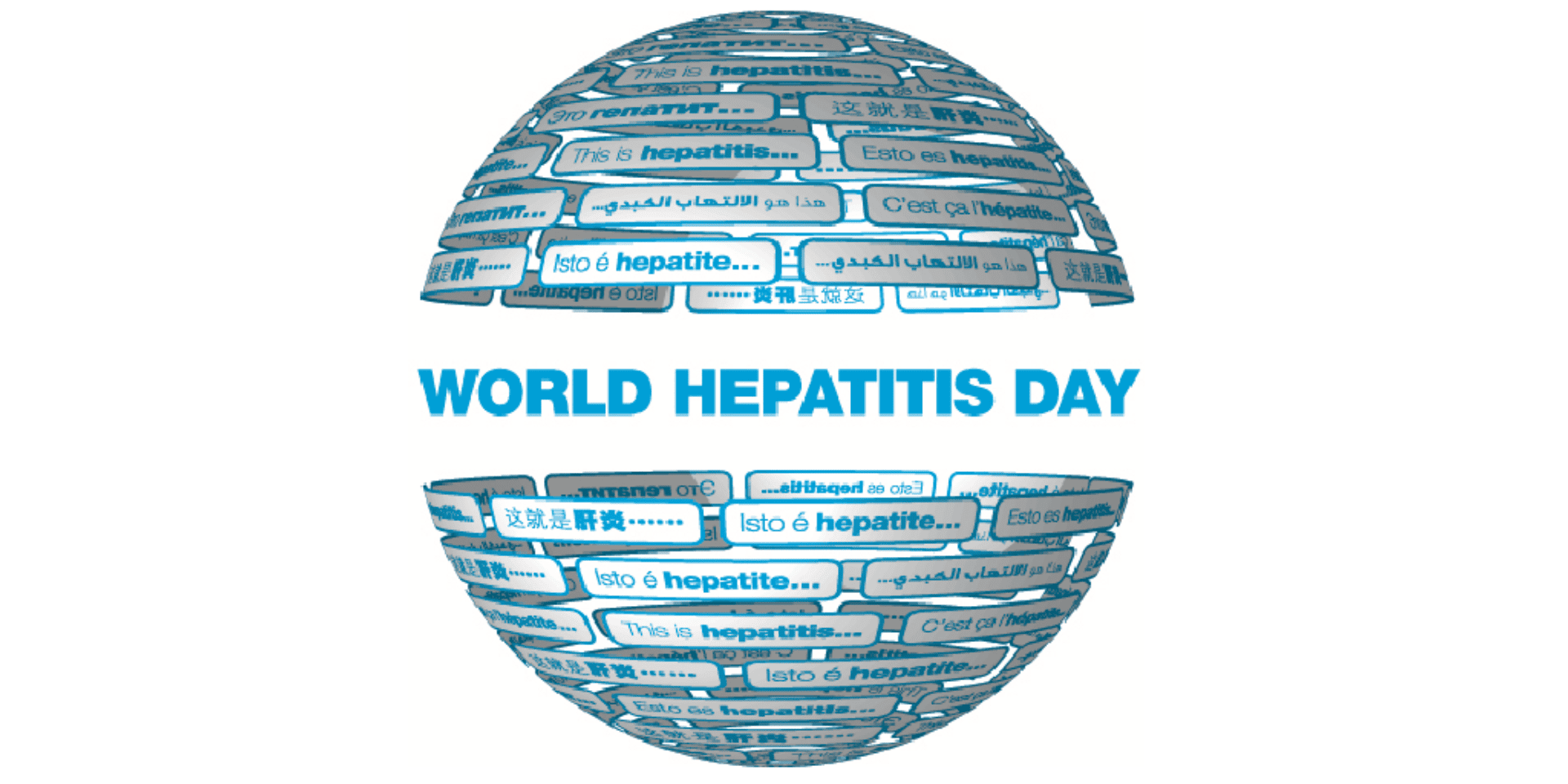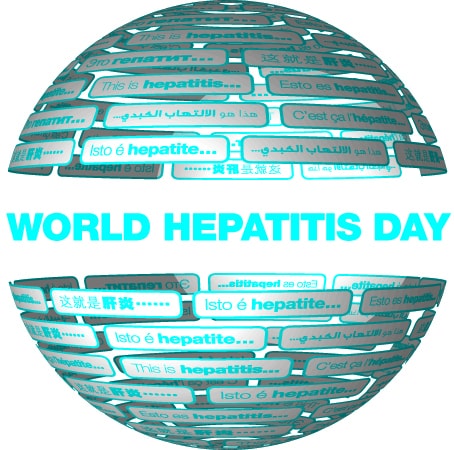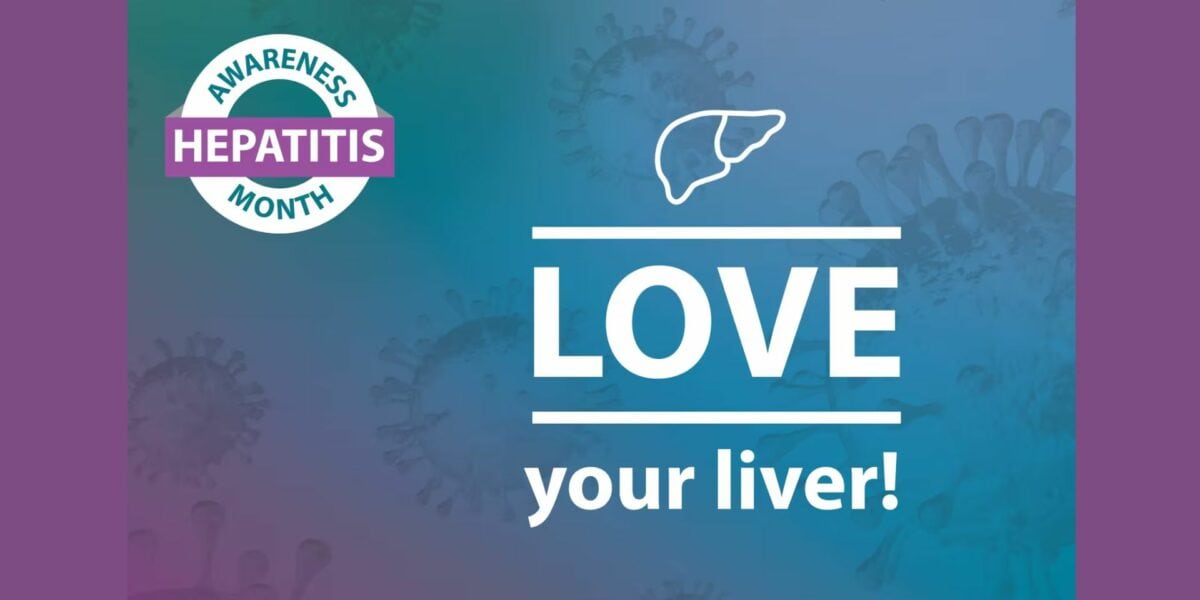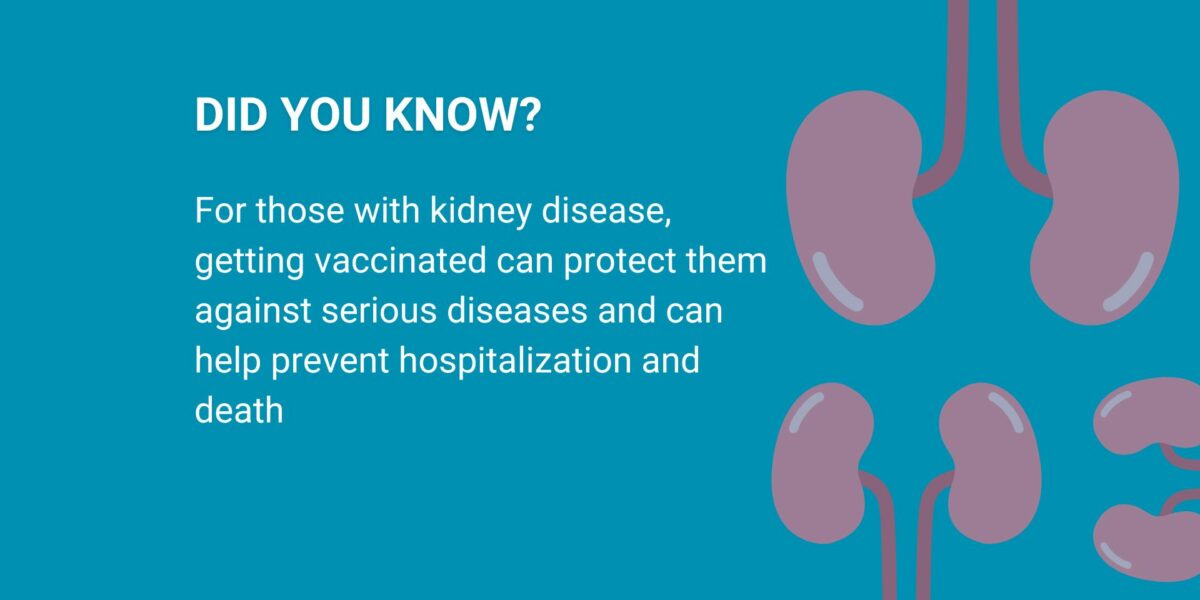
 July 28 is World Hepatitis Day—an annual observance designed to raise awareness about the burden of hepatitis, encourage individuals to get tested, and ensure they are up-to-date on recommended hepatitis vaccines. July 28 was selected to commemorate the birthday of Nobel-prize winner Baruch Blumberg, MD, DPhil, who discovered hepatitis B virus and later developed a diagnostic test and vaccine for the virus.
July 28 is World Hepatitis Day—an annual observance designed to raise awareness about the burden of hepatitis, encourage individuals to get tested, and ensure they are up-to-date on recommended hepatitis vaccines. July 28 was selected to commemorate the birthday of Nobel-prize winner Baruch Blumberg, MD, DPhil, who discovered hepatitis B virus and later developed a diagnostic test and vaccine for the virus.
Worldwide, an estimated 290 million individuals are unaware they are infected with hepatitis and millions in the US are living with chronic viral hepatitis, also largely unaware.
View three stories from individuals living with hepatitis B, each sharing how they discovered that they were infected. Stories were acquired from the Hepatitis B Foundation and StoryCenter:
Hepatitis is an inflammation of the liver, an organ vital to the body’s metabolic, detoxification, and immune system functions. When the liver is inflamed or damaged, its ability to process nutrients, filter the blood, and fight infections can be affected. Without a functioning liver, a person cannot survive. Hepatitis is commonly caused by a viral infection, but there are other possible causes including heavy alcohol use, toxins, medications, and certain medical conditions.
The most common types of viral hepatitis in the US are hepatitis A, B, and C. Although each can cause similar symptoms, they have different modes of transmission and can each affect the liver differently. Hepatitis A is usually a short-term infection and does not become chronic. Hepatitis B and C can begin as short-term, acute infections, but they also have the potential to lead to chronic disease and long-term liver problems.
There are effective vaccines to prevent hepatitis A and B. Although there is currently no vaccine for hepatitis C, there are effective treatments, which is why testing and early diagnosis of infection is crucial. Make sure that you are up to date on all recommended vaccines, including hepatitis A and B.
To learn more about hepatitis, visit www.nfid.org/hepatitis. To help spread the word about hepatitis B, view the NFID Hepatitis B Awareness Toolkit.
View addtional stories about real experiences with infectious diseases and share your story at: www.nfid.org/real-stories.
To join the conversation and get the latest news on infectious diseases, follow NFID on Twitter using the hashtags #PreventHepatitis and #WorldHepatitisDay; like us on Facebook, follow us on Instagram, join the NFID LinkedIn Group, and subscribe to receive future NFID Updates.
Related Posts

Infectious Diseases in the News
Read recent news of interest from the world of infectious diseases including insights and updates on COVID-19, handwashing, hepatitis, malaria, measles, and respiratory syncytial virus (RSV) …

Protecting Patients with Liver Disease
May is Hepatitis Awareness Month, a reminder of the importance of preventing and treating viral hepatitis …

3 Things You Need to Know about Kidney Disease and Vaccines
It is important for people with kidney disease to understand how critical vaccination can be for their health and well-being
